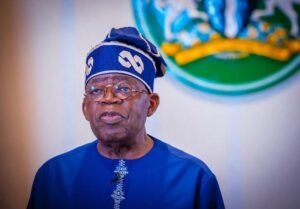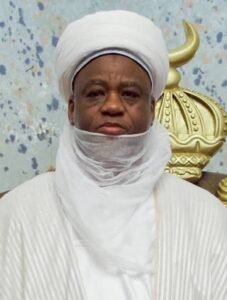Breaking:Nigerian artist, cultural luminary, Jimi Solanke, dies at 82

Jimi Solanke the veteran actor, dramatist, folk singer, poet, and playwright, has peacefully departed at the age of 82.
Jimi Solanke, a true icon of multifaceted talent, breathed his last on Monday morning during a brief illness while en route to the Olabisi Onabanjo University Teaching Hospital, Afri Reporters learnt.
His final night was spent engaging with stakeholders in Remo, illustrating his undying commitment to his craft until the very end.
Born on July 4, 1942, in Ipara Remo, Solanke’s artistic journey commenced as a pioneer member of the Orisun Theatre Group, founded by the renowned Wole Soyinka in 1961.
His seven-decade contribution to the global entertainment industry has left an indelible mark, spanning from the 1960s Western Nigeria Television to international festivals in Senegal and Algeria during the 1970s.
Solanke’s versatility illuminated epic performances such as “Death and the King’s Horseman,” “Kurunmi,” “Kongi’s Harvest,” “The Divorce,” and “Ovaramwen Nogbaisi.”
His captivating stagecraft earned him accolades globally, with The Oxford Times recognizing him as a “Skilled Nigerian Actor,” and the New York Times highlighting him as the star of an “Excellent Troupe.”
Affectionately known as Baba Agba, Solanke transcended the title of an actor, embodying the essence of a consummate quintessential songwriter, performer, visual artist, and storyteller extraordinaire. Described as “a better singer than an actor,” his enchanting performances seamlessly merged acting prowess with musical delivery.
Beyond the stage and screen, Solanke was the Founder and Artistic Director of Ibudo Asa in Ipara Remo, leaving a legacy that transcends borders and resonates in the hearts of those fortunate to witness his artistry.
Survived by his wife, Chief Mrs. Toyin Solanke, Jimi Solanke’s passing marks the end of an era in Nigerian entertainment, leaving a void that will be deeply felt for years to come. As a cultural ambassador extraordinaire, he has left an indomitable imprint on the history of African arts, contributing significantly to the enrichment of the nation’s cultural heritage.









